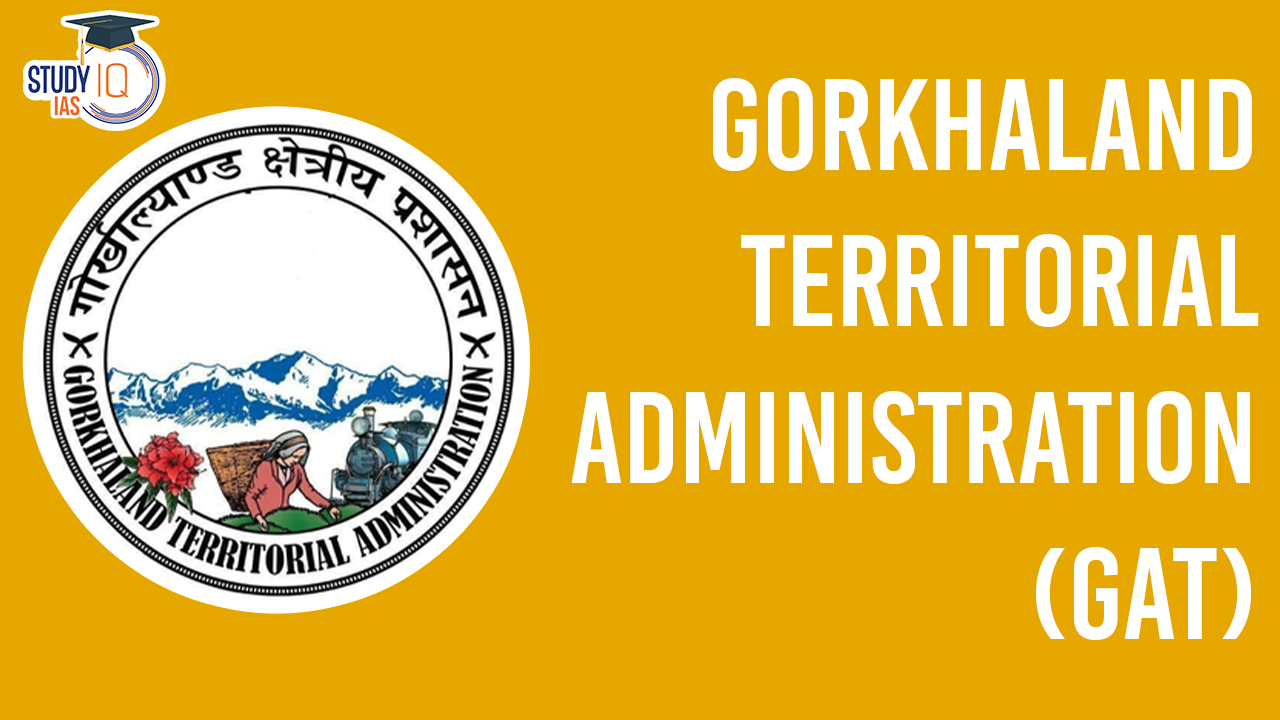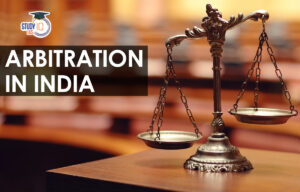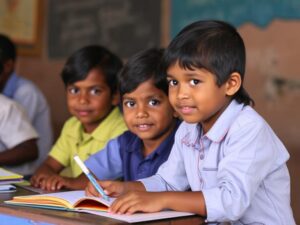Table of Contents
Context: The Calcutta High Court ordered the Central Bureau of Investigation (CBI) to initiate a preliminary investigation into reported recruitment irregularities of teachers under the Gorkhaland Territorial Administration (a regional autonomous body).
What is the Gorkhaland Territorial Administration (GTA)?
- The Gorkhaland Territorial Administration (GTA) is a semi-autonomous council (45 members) for the Darjeeling and Kalimpong districts of West Bengal.
- Formed in 2012 through a tripartite agreement between the Indian government, the West Bengal government, and the Gorkha Janmukti Morcha (political party).
- Successor to the Darjeeling Gorkha Hill Council (1988-2012).
GTA’s Authority
- Covers three hill subdivisions (Darjeeling, Kurseong, Mirik) and some areas of the Siliguri subdivision.
- Includes the entire Kalimpong district.
Source of Power
- Unlike the Sixth Schedule (regional autonomy in Assam etc.), GTA derives autonomy through legislation.
- Handles administrative, executive, and financial matters related to agriculture, education, tea gardens, and tourism.
Reasons for Autonomy
- Protects and promotes the Gorkha community and their cultural identity (distinct from Bengali).
- Addresses issues of poverty, underdevelopment, and marginalisation.
Significance of GTA
- Provides political recognition and a platform for the Gorkha identity within India.
- Empowers the Gorkha community with a focus on land, economy, and social development.
| Gorkhaland Movement |
|


 Arbitration in India, Types, Benefits, R...
Arbitration in India, Types, Benefits, R...
 UDAN Scheme, Objectives, Funding and Ach...
UDAN Scheme, Objectives, Funding and Ach...
 Revised Detention Policy Implemented by ...
Revised Detention Policy Implemented by ...





















